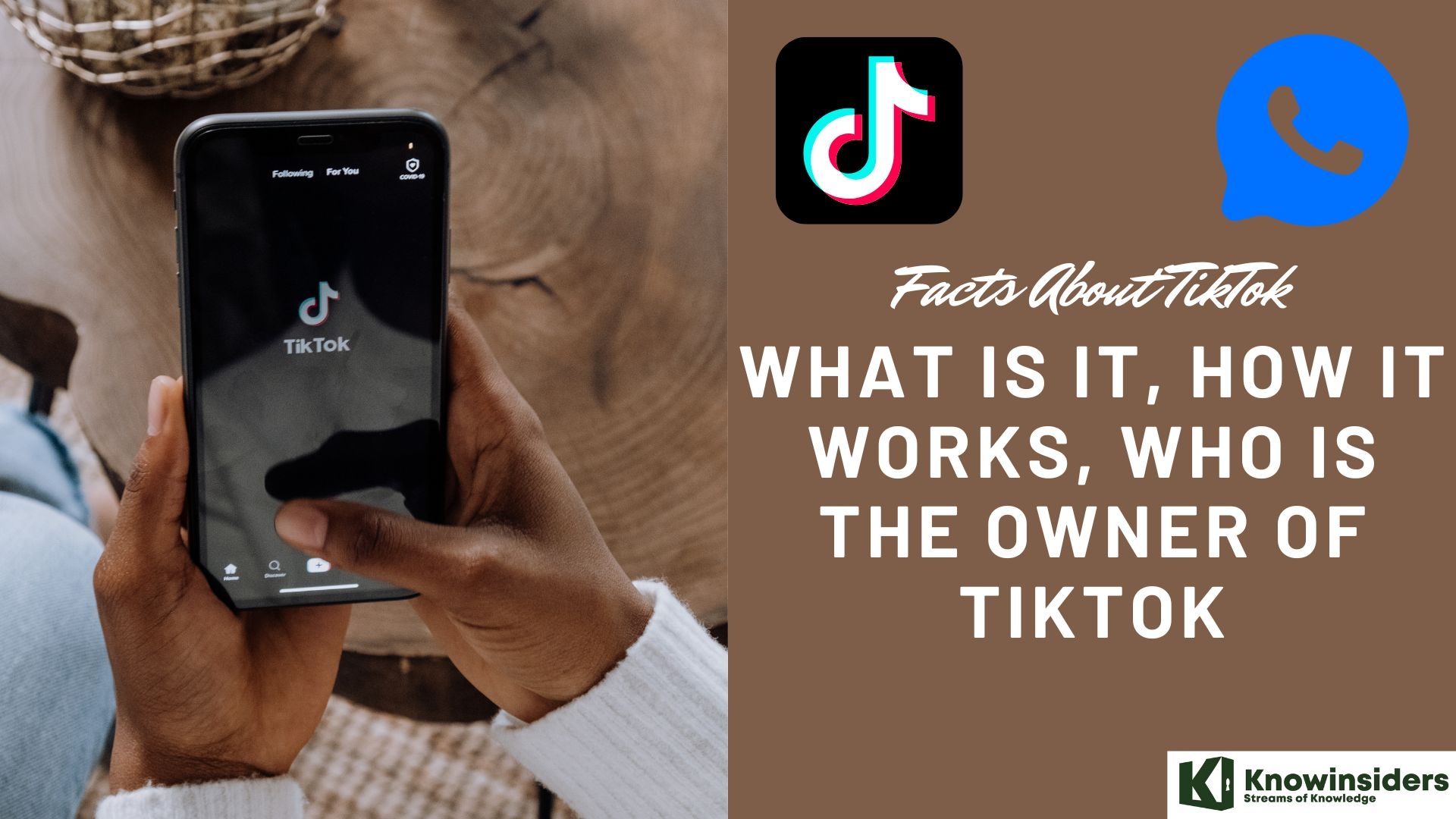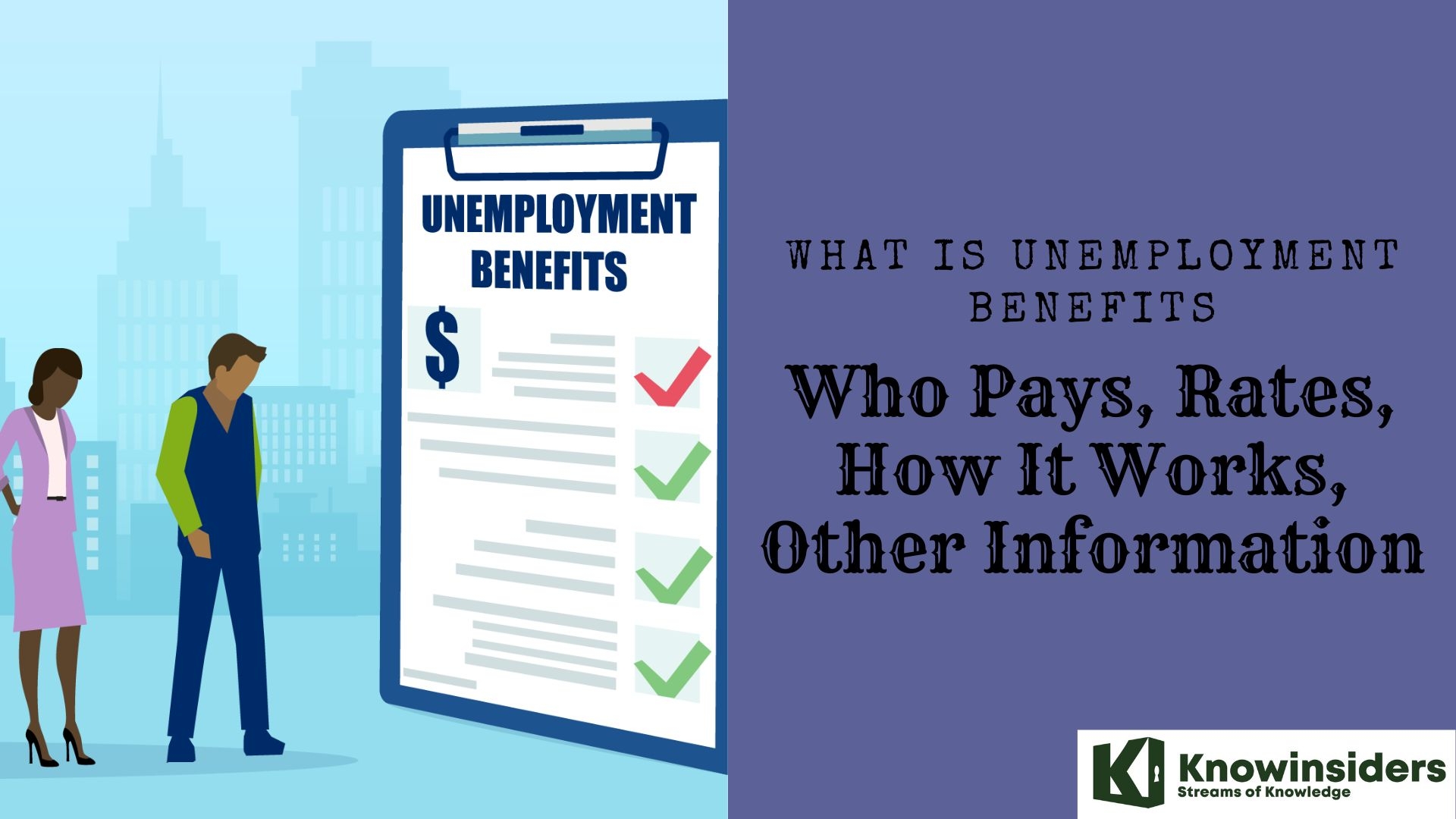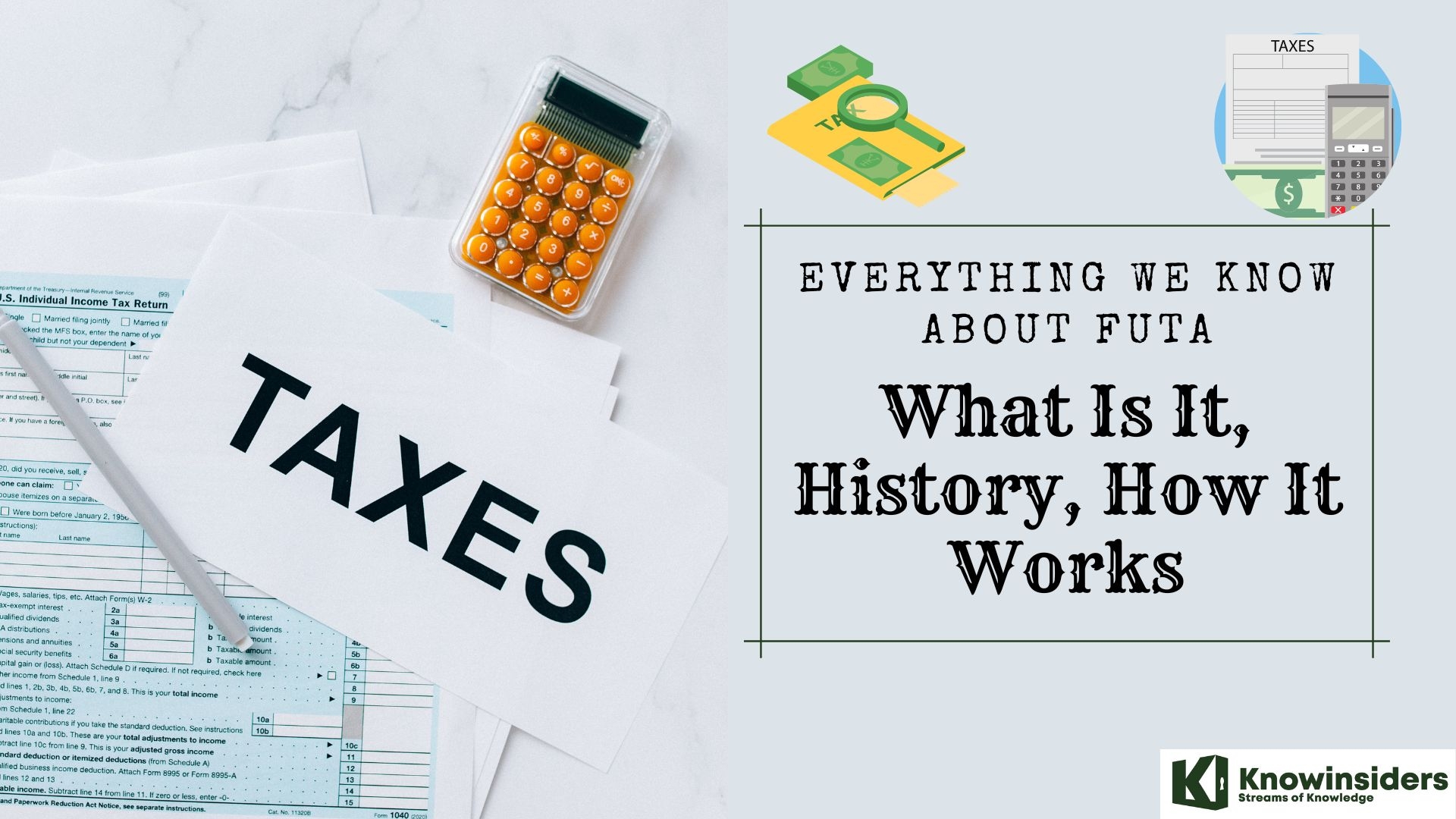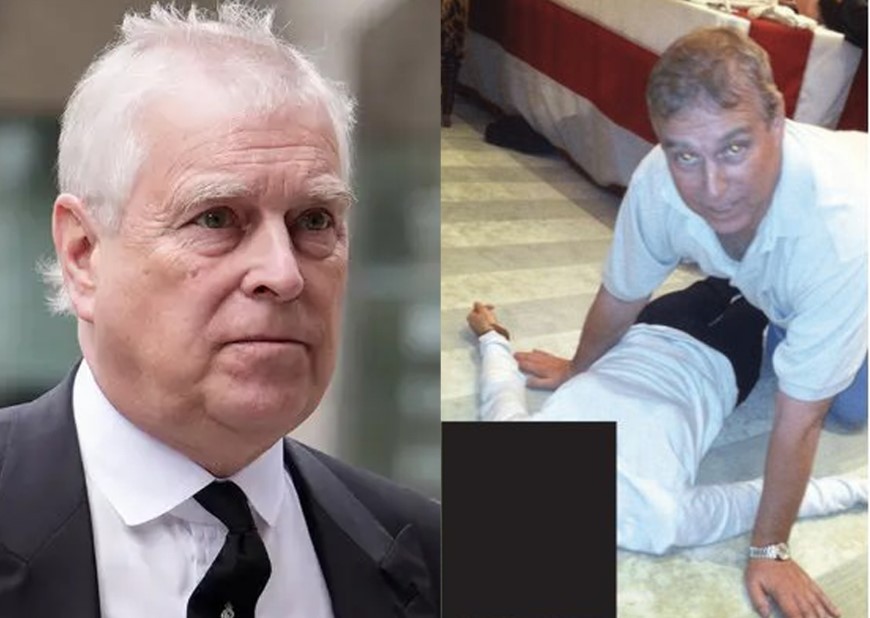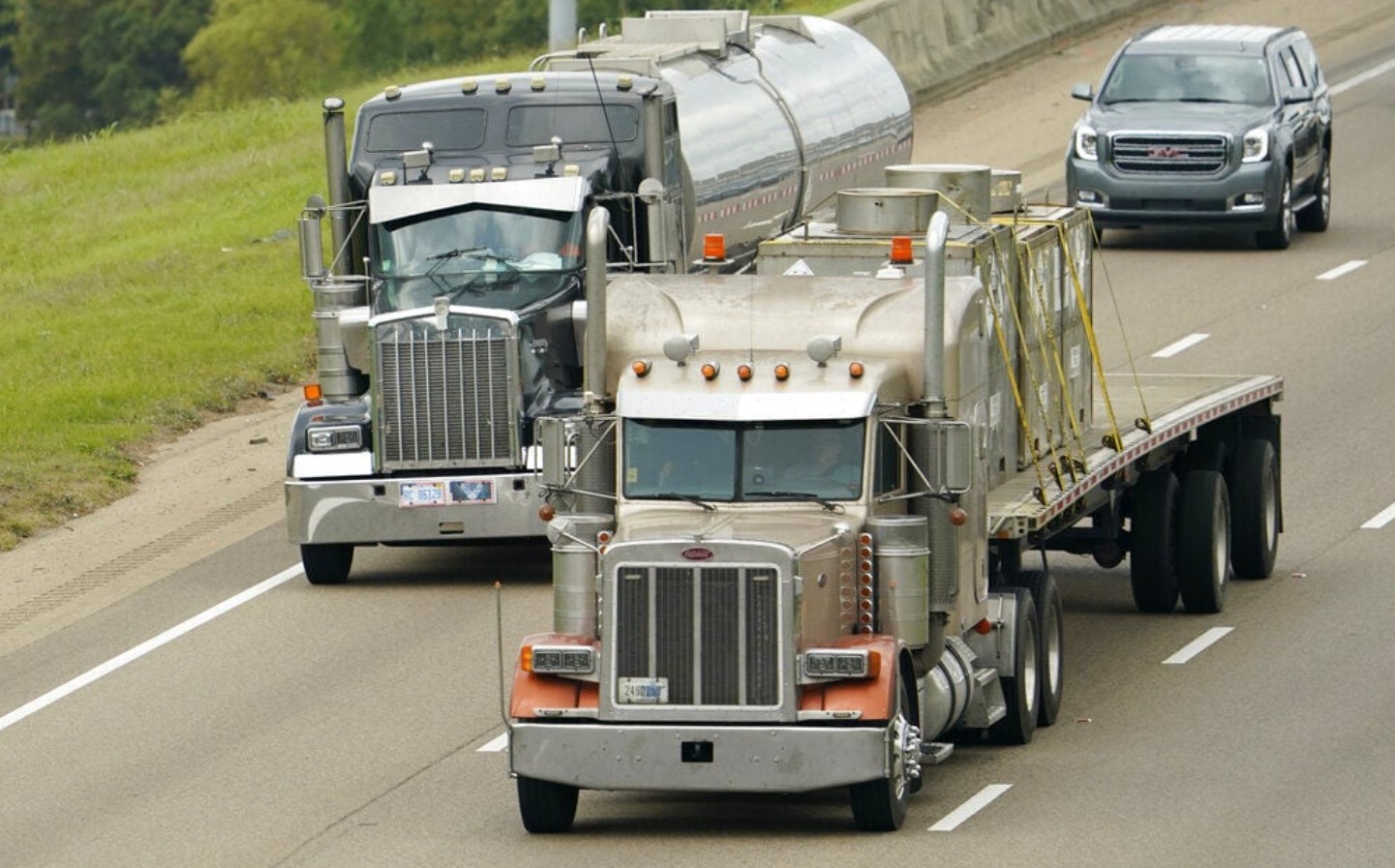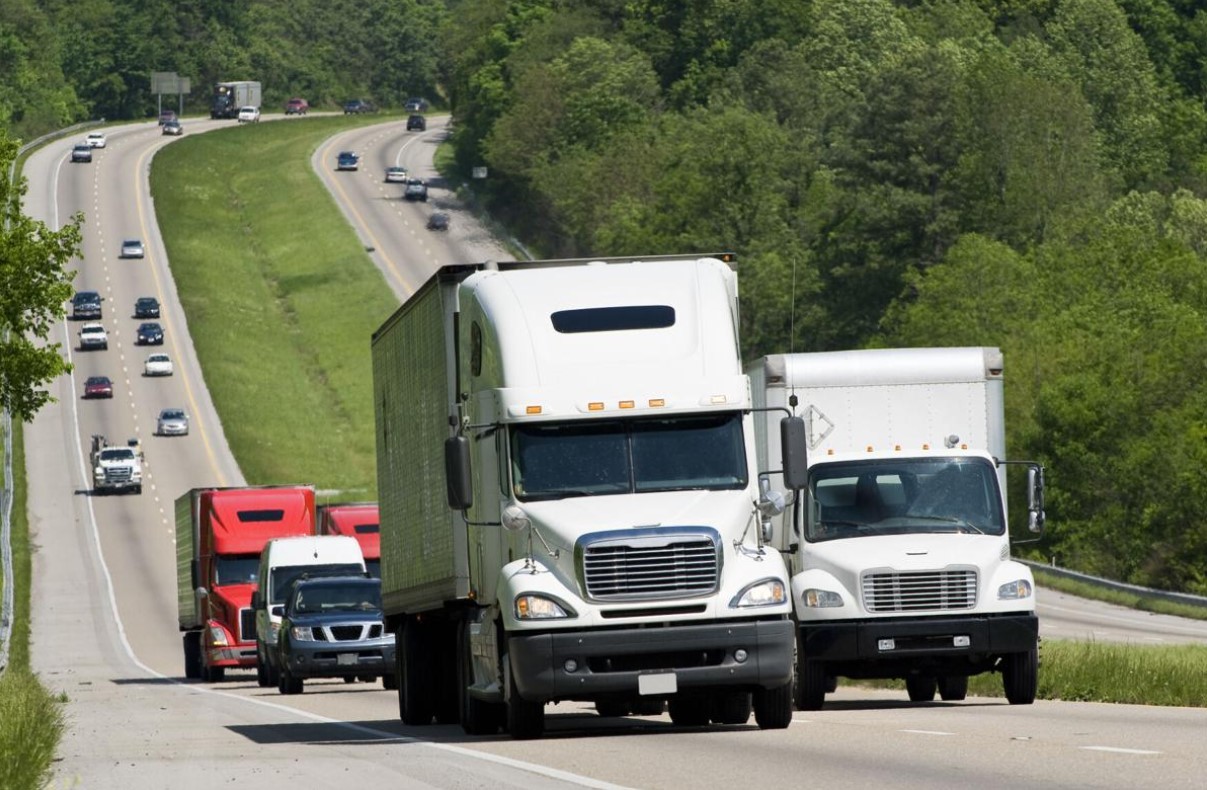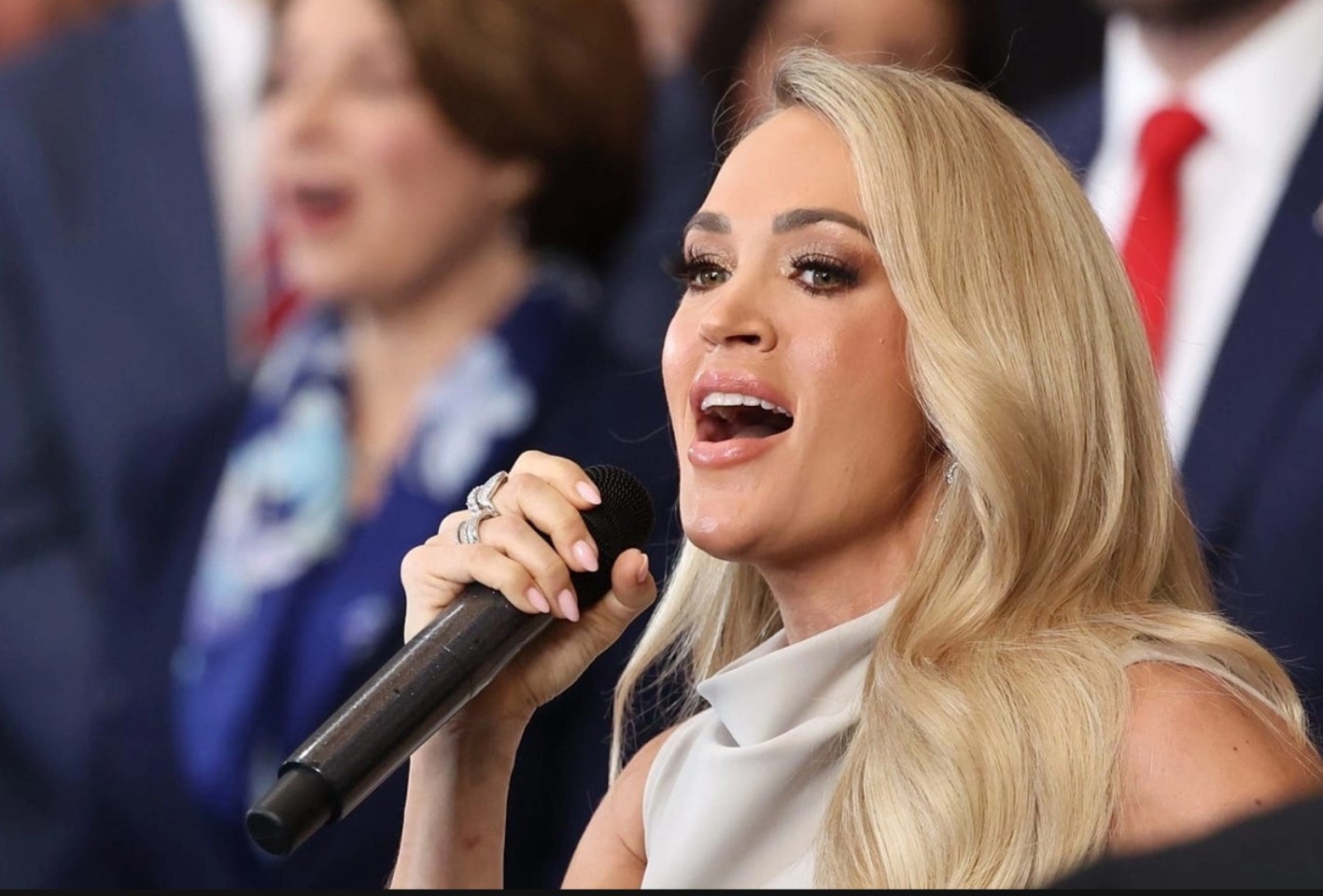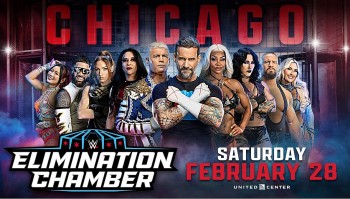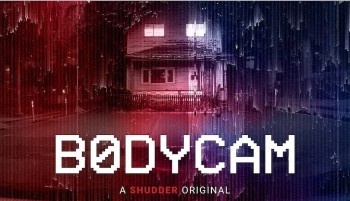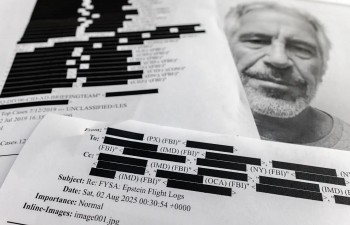What Is Mortgage Insurance and How Does Mortgage Insurance Work?
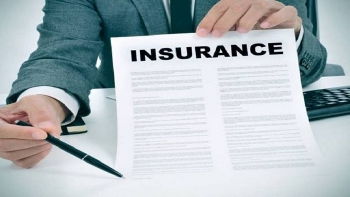 The Weirdest Insurance Policies in The World The Weirdest Insurance Policies in The World |
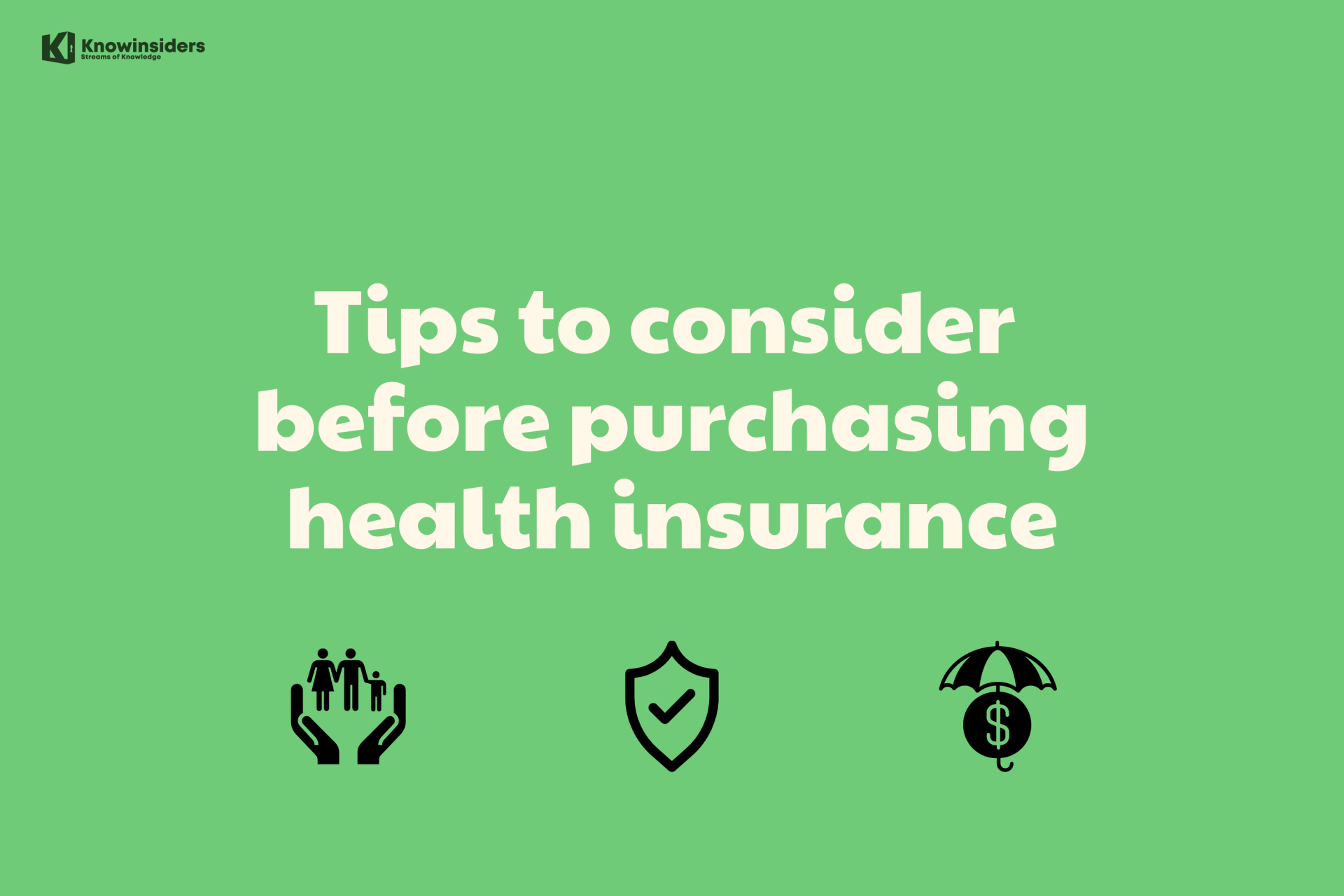 10 Best Ways To Purchase Health Insurance 10 Best Ways To Purchase Health Insurance |
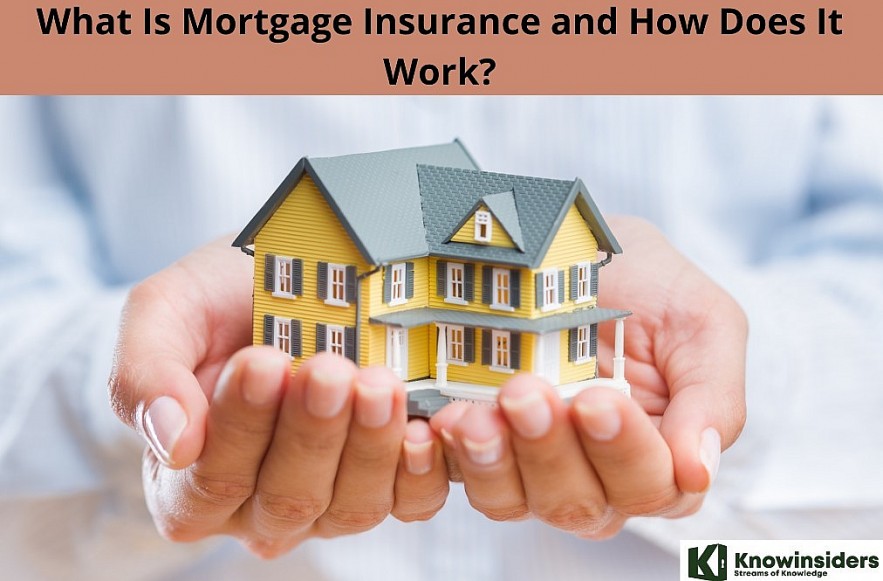 |
| Mortgage Insurance |
| Contents |
Buying a home is one of the most important transactions, you will ever make and insurance can cover your property and legal liability. And you may be reviewing insurance options such as mortgage insurance and home insurance. But do you know exactly what it is?
Let us tell you about the benefits of buying mortgage insurance with an insurance company.
What Is Mortgage Insurance?
A mortgage lender or titleholder is covered by a mortgage insurance policy in the event that a borrower defaults on payments, dies, or is otherwise unable to uphold the mortgage's contractual obligations. Private mortgage insurance (PMI), qualified mortgage insurance premium (MIP) insurance, and mortgage title insurance are all examples of mortgage insurance. The responsibility to make the lender or property holder whole in the event of particular loss is what unites these.
On the other hand, mortgage life insurance, which is similar in sound, is intended to safeguard heirs in the event that the borrower passes away while still owing a mortgage. Depending on the terms of the policy, it might repay either the lender or the heirs.
What Is Private Mortgage Insurance (PMI)?
A conventional mortgage loan may require private mortgage insurance (PMI). Most lenders require PMI for homebuyers who put down less than 20%.
The mortgage's loan-to-value (LTV) ratio is over 80% if the down payment is less than 20%. (the higher the LTV ratio, the higher the risk profile of the mortgage for the lender).
The policy protects the lender's investment in the home, not the buyer, unlike most insurance (the borrower). PMI helps some people become homeowners faster. PMI allows financing for those who put down 5%–19.99% of the home's cost.
It costs more monthly. PMI must be paid until the lender no longer considers the borrower high-risk.
Depending on the down payment, mortgage, loan term, and borrower's credit score, PMI can cost 0.25% to 2% of the loan balance per year. Risk increases your rate. . US PMI firms are numerous. Similar rates are adjusted annually.
PMI is expensive, but so is renting and possibly missing out on market appreciation while you save for a larger down payment. PMI may be worth it if buying a home later won't make you money.
Potential homeowners may need FHA mortgage insurance. That's only if you get an FHA loan (FHA loan).
What Is Qualified Mortgage Insurance Premium (MIP)?A qualified mortgage insurance premium is similar to the insurance you'll pay for with a loan backed by the U.S. Federal Housing Administration (FHA). There are different requirements for MIPs, such as the fact that all borrowers with an FHA mortgage, regardless of down payment amount, must purchase this insurance. |
How Mortgage Insurance Works?
 |
| Photo: Experian |
Mortgage insurance premiums can be paid monthly or bundled into a single lump sum at the time the loan is originated. After 20% of the principal balance has been paid off, homeowners who are required to have PMI due to the 80% loan-to-value ratio rule can request that the insurance policy be canceled. Here are the three main varieties of home loan protection:
Private Mortgage Insurance (PMI)
As a condition of obtaining a conventional mortgage loan, a borrower may be required to obtain private mortgage insurance (PMI). PMI, like other forms of mortgage insurance, serves to safeguard the lender rather than the borrower. Lender-arranged PMI is insurance from a private insurer at the borrower's expense.
If a borrower obtains a conventional loan with a down payment of less than 20%, private mortgage insurance (PMI) is typically required. If the borrower is trying to refinance a conventional loan and has less than 20% equity in the property, the lender may insist on private mortgage insurance.
Qualified Mortgage Insurance Premium (MIP)
In the United States, borrowers who want a loan backed by the Federal Housing Administration (FHA) must pay a qualified mortgage insurance premium. For example, regardless of the size of a borrower's down payment, MIPs are required for all borrowers with an FHA loan.
Mortgage Title Insurance
Mortgage title insurance shields the lender from financial ruin in the event that a sale is voided after closing due to a defect in the title. If it turns out that someone other than the seller actually owns the property at the time of the sale, the beneficiary is protected by the mortgage title insurance policy.
A lawyer or an employee of a title company typically conducts a title search prior to the closing of a mortgage. If there are any liens on the property, finding them will allow the owner to sell the property. It is also possible to confirm the seller's rightful ownership of the property by conducting a title search. When data is spread out in different locations, even the most meticulous investigator can easily overlook vital clues.
Mortgage Protection Life Insurance
When completing mortgage application paperwork, borrowers are frequently offered mortgage protection life insurance. Borrowers are not obligated to accept this insurance if it is offered, but they may be asked to sign a number of waivers and other documents to prove they have made the decision to forego coverage. The purpose of this additional documentation is to ensure you are aware of and prepared for the realities of a mortgage.
Mortgage life insurance payouts may be declining term (the payout decreases as the mortgage balance decreases) or level (the premium remains the same for the duration of the policy). The policy's terms will determine whether the payments go to the lender or the borrower's heirs.
What Are The Benefits of Mortgage Insurance?
 |
| What Are The Benefits of Mortgage Insurance |
These days, you can buy mortgage insurance from a bank when signing your mortgage or you can buy it from a financial institution. To help you decide, here are the advantages of buying your mortgage insurance from a financial institution:
You own the contract and choose your beneficiaries
When you buy mortgage insurance from your bank, the bank owns the contract and is the beneficiary. If you buy your mortgage insurance from an insurance company, you own the contract and can name any beneficiary you want. Your beneficiary can choose to repay the loan, pay his or her debts or use the benefit for something else.
Your premium is fixed and guaranteed
To ensure that you always have the same amount of protection throughout the life of your loan, your mortgage insurance premiums will be locked in at the beginning of the loan. Here's an example: you have a $200,000 mortgage and decide to purchase permanent insurance for the full amount. While your monthly premium will stay the same regardless of how much your mortgage balance drops, the amount of coverage provided by your mortgage insurance will decrease as your loan balance drops at the bank.
You can convert your mortgage insurance
Mortgage insurance can be changed over to permanent life insurance at any time during the loan's life span. There will be no increase in premium cost or requirement for a medical exam if you decide to switch insurance providers. The insurance coverage will continue to pay out after your passing.
No more shopping around
Once you've purchased mortgage insurance from a reputable company, you won't have to worry about finding another provider for the duration of the policy's term. In addition, there will be no price hikes in the future. If you finance your purchase through a financial institution, you will need to renegotiate your mortgage insurance policy at a premium that takes into account your age and the state of your health at the time of the renewal.
How Will You Pay For Mortgage Insurance?
If you have a mortgage, you will generally pay your monthly mortgage payments. Mortgage lenders pay the premiums for you and incorporate the cost into your mortgage payments. The money will typically go into an escrow account before it's distributed to the insurance company.
Conversely, mortgage insurance payments can come in a variety of forms:
For conventional loans, private mortgage insurance is typically required by the lender if the loan is not guaranteed or insured by the federal government. You can either include PMI in your premium or pay for it all at once at closing. When the loan-to-value ratio of your home drops below 80%, you can request that your lender stop paying the PMI.
Loans insured by the Federal Housing Administration (FHA) require two payments: an upfront premium and a monthly payment for mortgage insurance (baked into the premium). With an FHA loan, you can put down as little as 3.5% of the purchase price, making them ideal for those with lower credit scores or who simply want to save money. Mortgage insurance protects borrowers from the financial consequences of making a bad loan decision.
What Are Differences Between Home Insurance Vs. Mortgage Insurance?
Homeowners insurance pays you if there’s theft or damage to your property (house or possessions). By contrast, mortgage insurance pays your lender if you default on the loan. If you can’t make mortgage payments, the mortgage insurer will make sure the lender receives the balance.
| What does it cover? | Who does it cover? | Who is it required to have it? | |
|---|---|---|---|
| Homeowners insurance | Your house and belongings against damage and theft. It also includes liability insurance, medical payments coverage, and loss of use coverage. | The homeowner | Borrowers who finance the purchase of a home |
| Mortgage insurance | If you default on your mortgage, the insurance policy guarantees the insurer will pay the lender the mortgage balance. | The lender | Borrowers who put less than 20% down on a home |
Home Insurance vs. Mortgage Insurance: Lender Requirements
How you pay off your mortgage will determine what kind of coverage you're required to have.
The law mandates that all homeowners carry insurance. If you financed the property, lenders generally will require you to have homeowners insurance before they fund the loan. Lenders have a monetary stake in your home and want to make sure it is safeguarded from disasters like fire.
Keep your homeowner's insurance policy even after paying off your mortgage. The policy isn't required right now, but it will protect you financially in the event of damage to your home or personal belongings.
Need to obtain mortgage insurance. Although mortgage insurance is typically required if your down payment is less than 20% of the property's appraised value, it is rarely necessary if your down payment is 20% or more.
Depending on the type of loan you're applying for, the lender may require you to have mortgage insurance. If you put less than 20% down, private mortgage insurance (PMI) may be required by your lender for a conventional loan.
Upon reaching 20% equity with a conventional loan, PMI is typically canceled. If you want to know how long you have to keep PMI and how to get rid of it, you should contact your lender.
While the down payment requirement for FHA loans is only 3.5%, borrowers who put less than 10% down will be required to pay mortgage insurance premiums for the life of the loan. Your mortgage insurance premium (MIP) can be waived after 11 years if you put down more than 10%.
Home Insurance Vs. Mortgage Insurance Payments
Mortgage and insurance premiums for a home may be paid all at once. An escrow account may be necessary to meet the requirements of your lender. As part of your monthly mortgage payment, your lender will likely collect this money, hold it in an escrow account until you need to pay your homeowner's insurance premium. Lenders can rest easy knowing that their clients' home insurance premiums will be paid promptly when an escrow account is used.
Mortgage insurance premiums are paid in a variety of ways depending on the type of loan you have. You may be able to pay private mortgage insurance (PMI) either all at once or in installments over the life of your mortgage.
FHA loans have a monthly MIP added on top of the mortgage payment, plus an annual fee.
What is Homeowners Insurance?If your home, any outbuildings on your property, or any of your belongings are damaged or destroyed as a result of a covered peril, like a fire or a storm, you will be financially protected thanks to homeowner's insurance. Without homeowners insurance, the cost of repairing or replacing your home and belongings could wipe you out completely. In the unlikely event that your mortgage lender does not mandate that you carry homeowners insurance, or if you have already paid off your mortgage, it is still a wise financial move to do so. In the event of a loss, the cost of the insurance premium is negligible compared to the cost of repairing or replacing a home and its contents. Seek advice from an experienced insurance agent about how much coverage you need to protect your home and family financially. |
 What Are The Differences Between B2B and B2C? What Are The Differences Between B2B and B2C? With the striking development of eCommerce, many companies have been modifying to adopt both B2B and B2C. So what are the differences between them? |
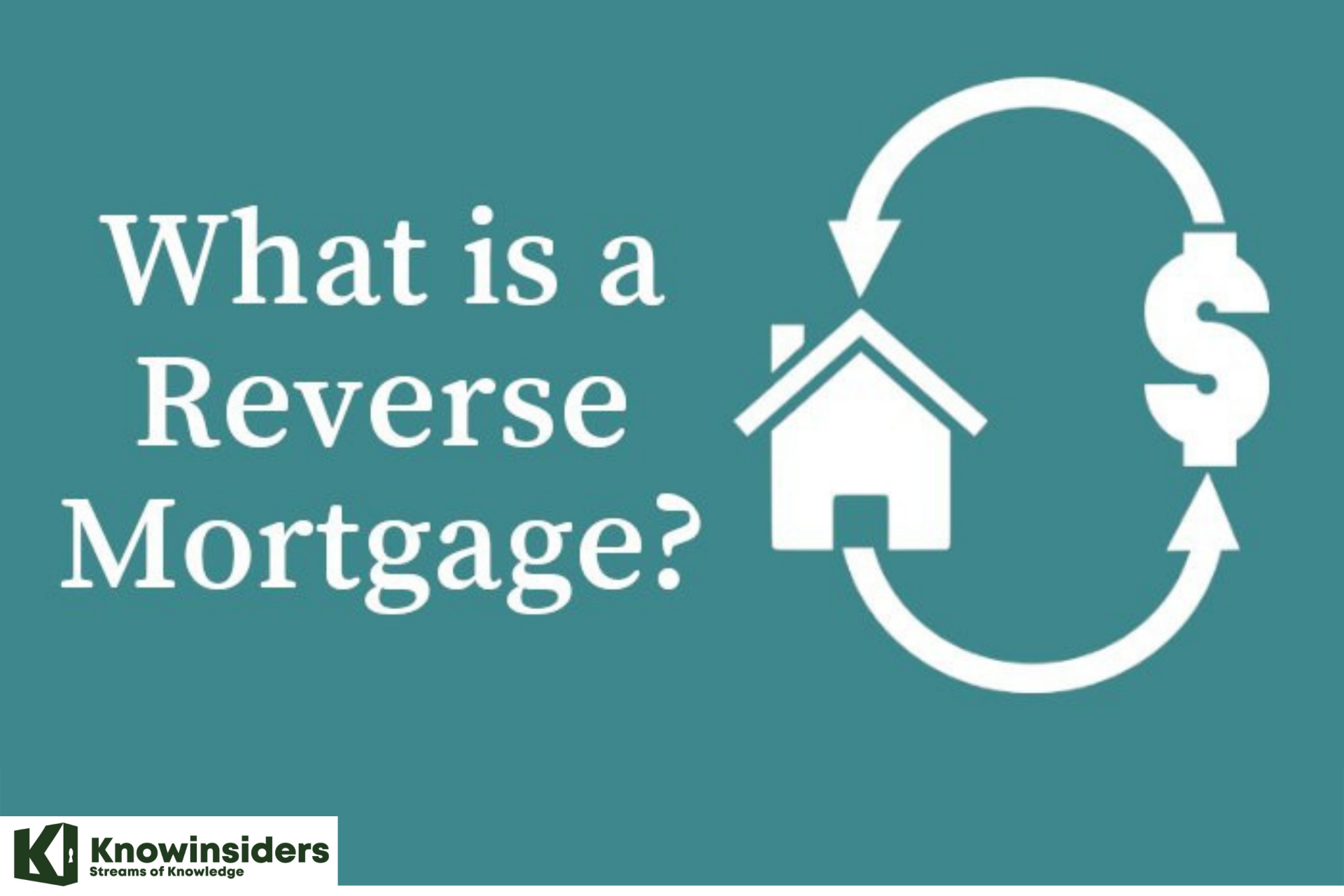 What Is A Reverse Mortgage And How Does A Reverse Mortgage Work? What Is A Reverse Mortgage And How Does A Reverse Mortgage Work? What are a reverse mortgage and the pros and cons of it? Scroll down to understand deeper about reverse mortgage! |
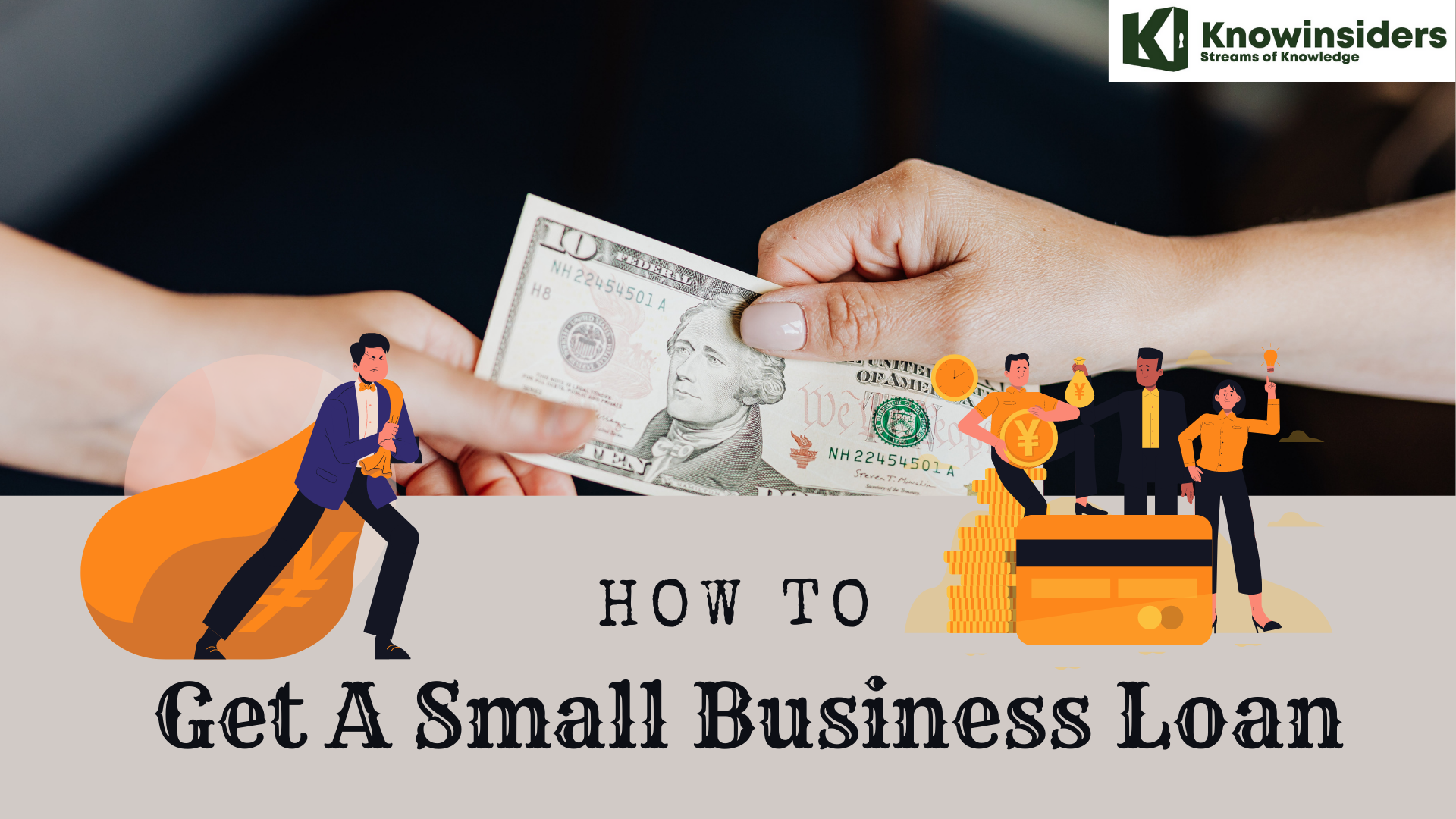 How To Get A Small Business Loan: Best Tips for Startup Success How To Get A Small Business Loan: Best Tips for Startup Success Money is important if you want to start your business, which small business loan will help with that. To better understand what it is and ... |

